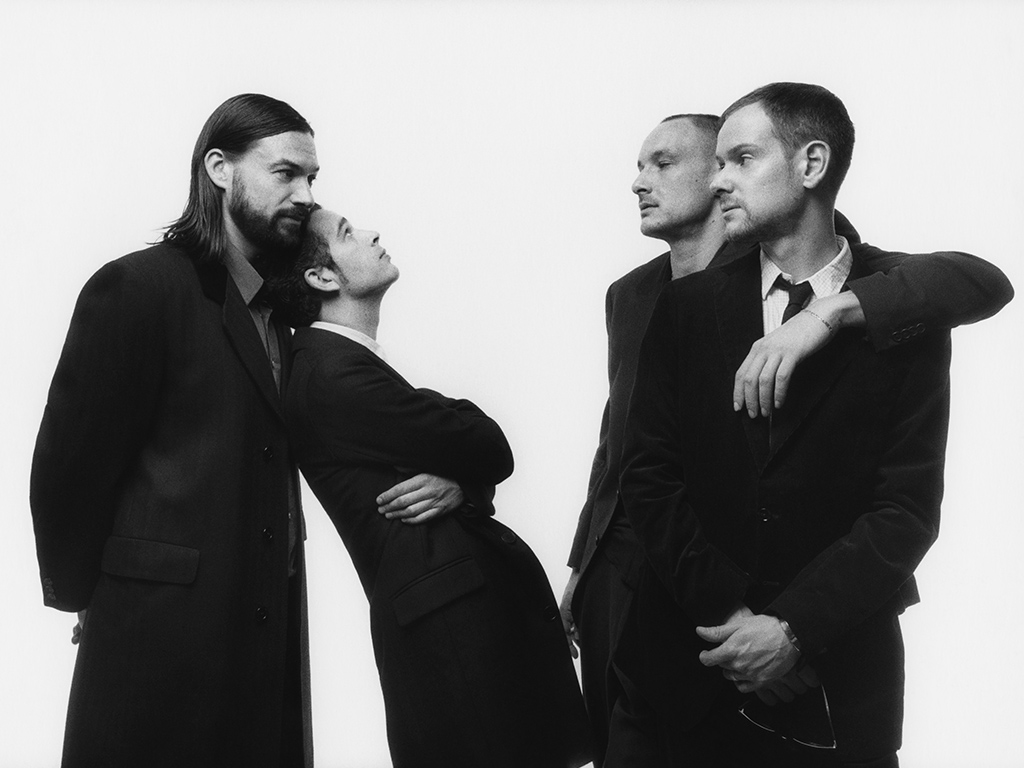
On “Part of the Band”, the lead single from the 1975’s new album, Being Funny in a Foreign Language, the lead singer Matty Healy asks the question that’s been on everyone’s lips since the band came to mainstream prominence in the mid-2010s. “Am I ironically woke?” he sings. “The butt of my joke? Or am I just some post-coke, average, skinny bloke calling his ego imagination?”
Some of that is easy to answer: he’s certainly skinny, and – come on, let’s take him at his word just for a second – the butt of his own joke. “Post-coke”, too: Healy is a recovered addict, clean from heroin for four years, and entering a period of his life much steadier than what he has revealed in interviews to have been a turbulent decade in his twenties. Average? Hardly – the 1975 are an award-winning, stadium sell-out group with millions of dedicated global fans. Though their synthy, bubble-bath pop has been dismissed as “meandering”, “pretentious”, “self-involved” and many similar adjectives, they have indisputably tapped into something – a feeling or a mood – in a way that’s difficult to pinpoint.



